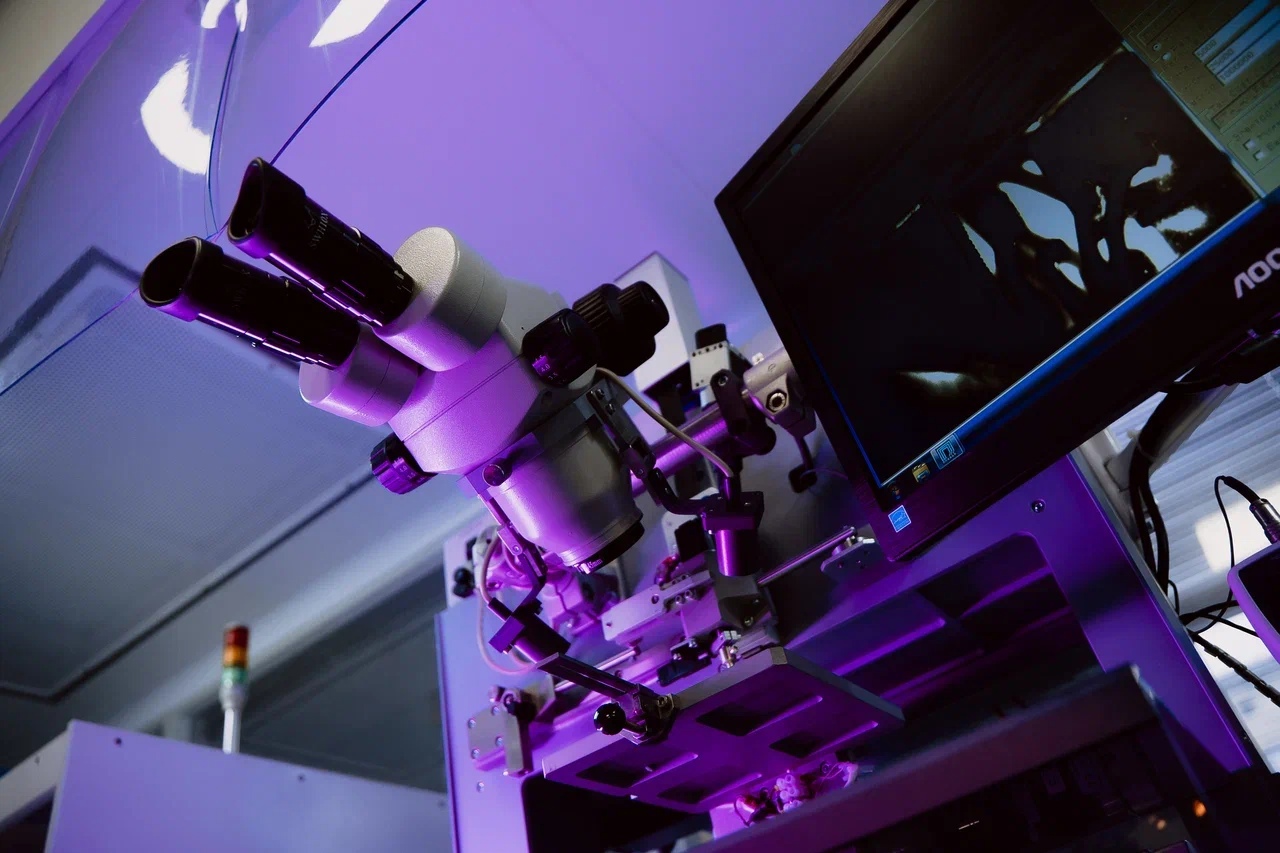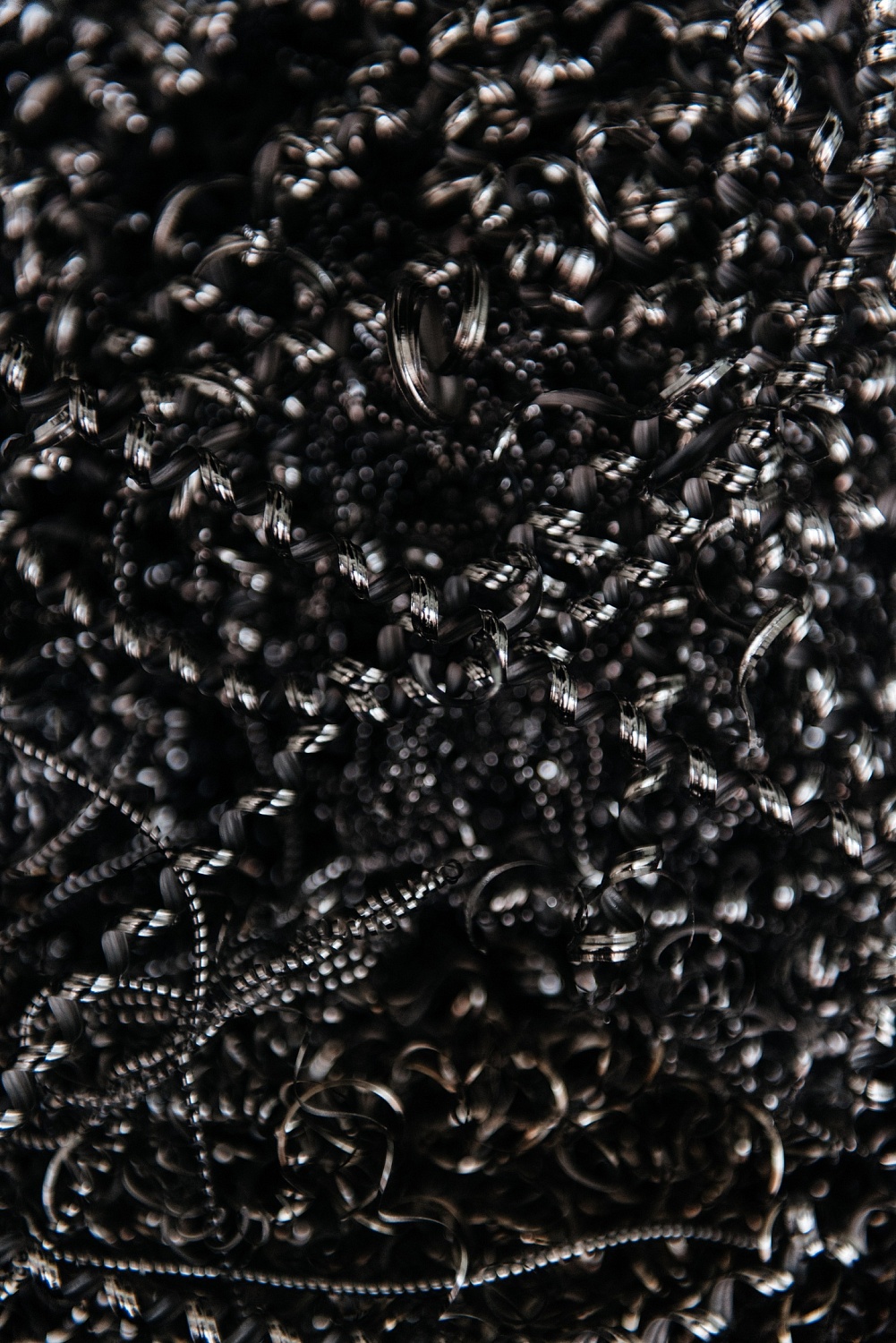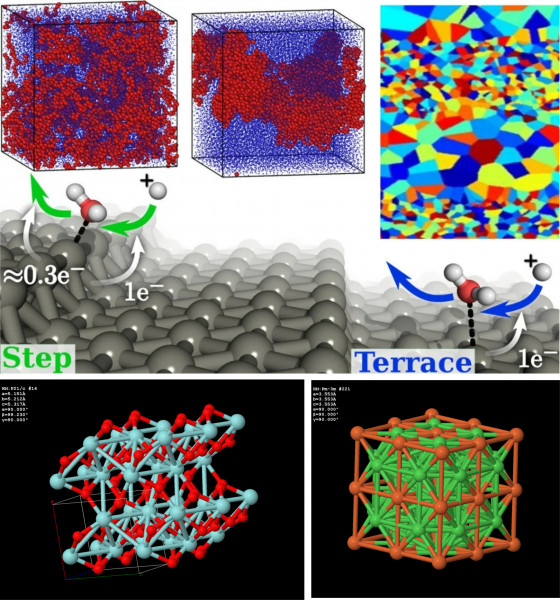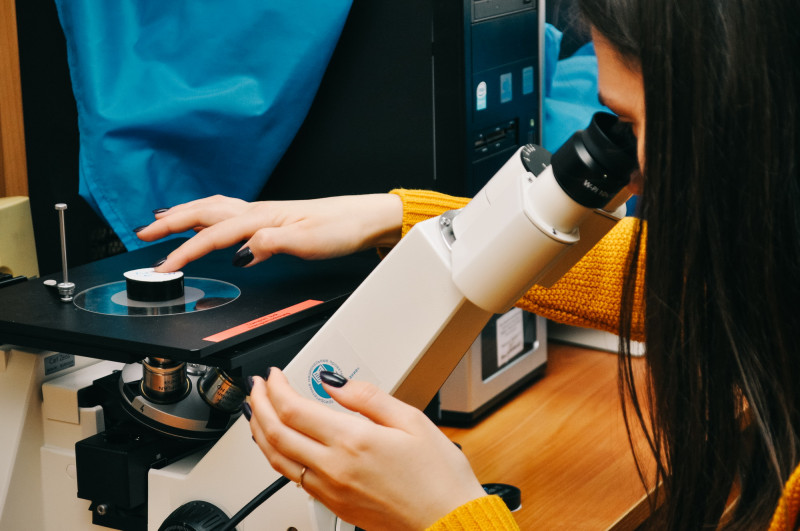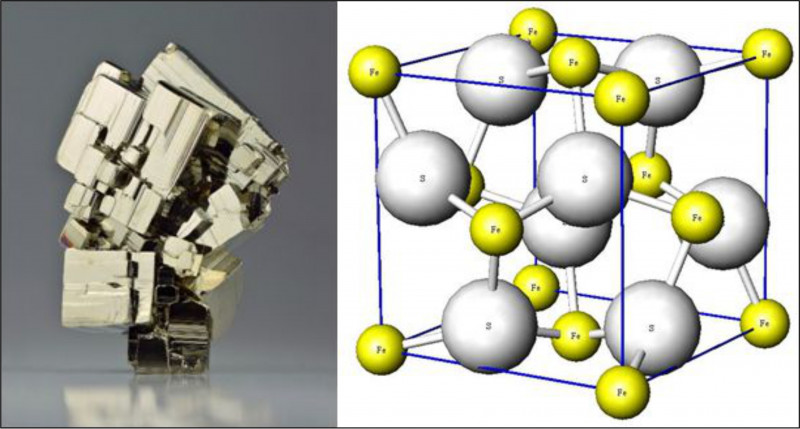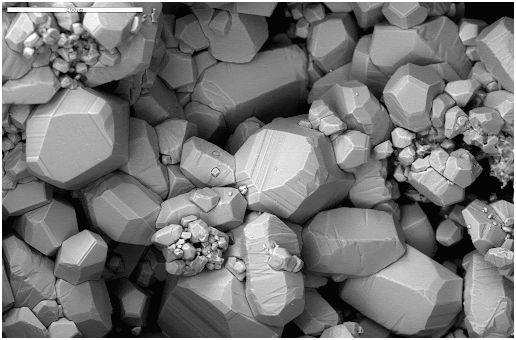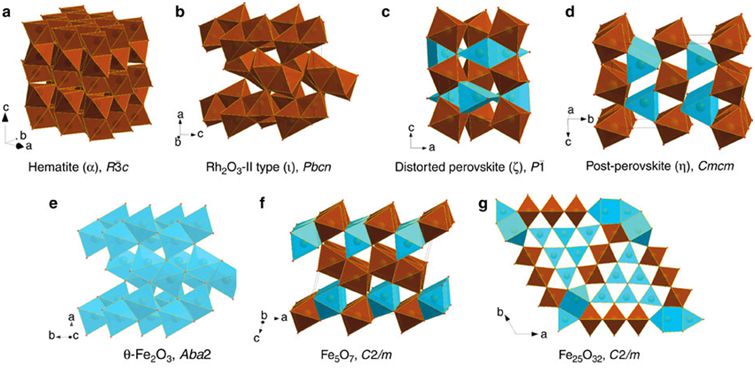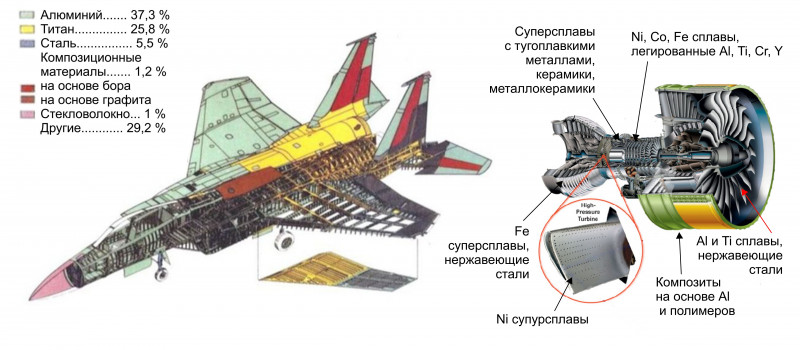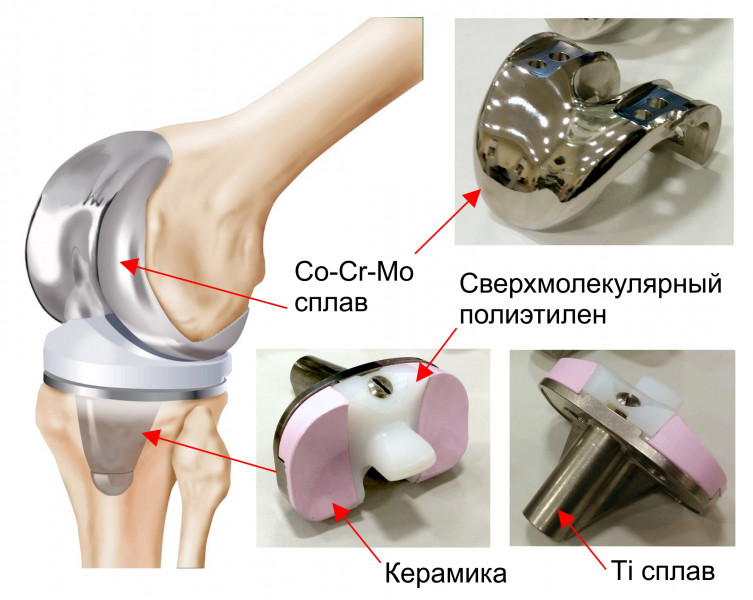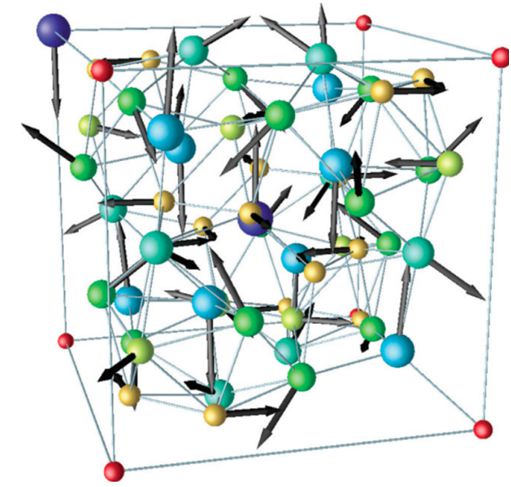Tuition fee information for all majors
Profile: Applied and Digital Design of New Materials
Major: 22.03.01 Materials Science and Material Technology
Profile: Applied and Digital Design of New Materials
Duration: 4 years
Start: September 1
Admission: open
Language : Russian
Entrance tests :
- Russian
- Mathematics
- Physics or Computer Science
Materials science is an interdisciplinary science that combines knowledge about materials from different sections of physics, chemistry and engineering. Materials scientists are engaged in the development of fundamentally new materials with the necessary physical, chemical, functional and mechanical properties for application in various branches of science and technology.
What is the design of new materials and why is it relevant?
Not so long ago, new materials were developed only by conducting labor-intensive and expensive physical experiments. Thanks to the active development of the IT industry, big data and machine learning technologies, it has become possible to predict the structure and properties of new materials using computer modeling. After preliminary calculations, only the most promising materials are synthesized in the laboratory, after which their structure and properties are determined. This is exactly what advanced domestic and foreign companies do today when developing new metal alloys, ceramics and composite materials.
The educational program “Applied and Digital Design of New Materials” combines experimental and digital methods of materials development and research, that no high-tech production or research laboratory can do without. In development of this program, we have tried to strike a balance between traditional and modern approaches to the production and analysis of the structure and properties of materials.
Within this major, you will learn how to:
- use traditional and modern methods of production and research of materials of different classes (metal alloys, ceramics, polymers, composites);
- evaluate the physical, chemical and mechanical properties of materials;
- use programming languages to analyze experimental data;
- predict the structure of materials using computer modeling methods;
- manage the behavior of materials in various operating conditions;
- analyze the composition, structure and properties of materials using modern instruments;
- competently choose technologies of creation and processing of new materials;
- automate the processes of materials processing;
- apply methods of computational materials science to solve applied problems.
- Additive technologies
- Data analysis
- Information technology and the fundamentals of programming
- Computer metallography
- Crystallography
- Materials science
- Continuum mechanics
- Molecular dynamics
- Equipment and automation of heat treatment processes
- Processing of materials on machines with numerical control
- Fundamentals of technical ceramics
- Polymer materials
- Project activities
- Special steels and alloys
- Theory and technology of thermal and chemical heat treatment
- Thermodynamics of materials
- Technology of structural materials
- Physical methods of materials research
- Physical, mechanical and operational properties of materials
- Admission starts on June 20
- Admission stops on July 10
- The documents are sent to the university in electronic form through the NSTU Enrolee Personal Account. When submitting an application for admission in electronic form, the documents attached to it are submitted (sent) to the NSTU admission committee in the form of their electronic images (paper documents converted into electronic form by scanning or photographing with the provision of machine-readable recognition of its details)



